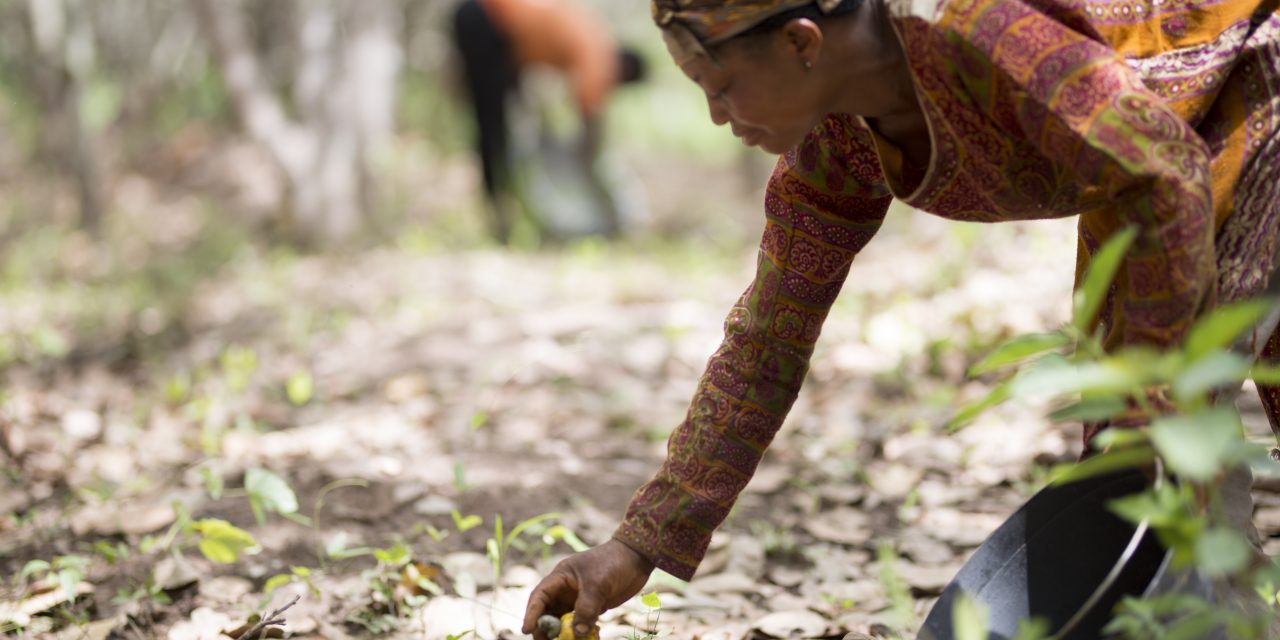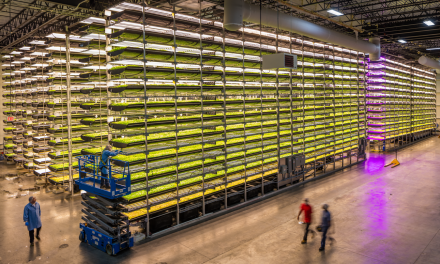Supplier of ingredients, Olam Food Ingredients (OFI), has published its sustainability targets as part of plans to tackle the biggest challenges in the global cashew supply chain, starting with farmer livelihoods.
The Cashew Trail strategy sets 2030 targets across OFI’s cashew business – in line with the United Nation’s Sustainable Development Goals and OFI’s commitment to deliver naturally good, sustainable ingredients. These include goals to fight poverty by increasing average yields by 50% and helping 250,000 cashew households to improve their livelihoods. Cashew Trail also includes commitments around health, education, diversity, and climate to ensure that by 2030:
- 100% of own processing volumes are traceable to farmer group-level
- 250,000 cashew households benefit from improved livelihoods through training and access to inputs like fertiliser
- 100% of children from cashew communities for directly sourced volumes benefit from investments into education infrastructure
- 30% of farmers in directly sourced cashew communities are women
- 50% reduction of Greenhouse Gas (GHG) emission intensity in OFI cashew supply chains
To make this possible, OFI is innovating its approach to sustainability – providing customers with a pathway to drive tangible change in farming communities. This innovation is both practical, like using data to deliver training tailored to individual farmers, and disruptive, like Olam Direct, which reaches farmers further afield, giving them access to the latest market prices, and the ability to negotiate directly rather than through traditional buying agents, so they can retain more value for their crop.
Progress on Cashew Trail will be reported yearly and tracked and supported by data from more than 100 economic, social, and environmental metrics on Olam’s sustainability insights platform AtSource.
Currently most of the global processing for cashew nuts takes place in Asia. OFI seeks to boost job creation and reduce emissions through transportation of the raw nut by increasing the processing in Côte d’Ivoire and Nigeria.
Ashok Krishen, Managing Director and CEO of the OFI nuts business, said:
“One of the greatest impacts we can have as a business is to help farmers earn a living income and help protect the environment that nurtures their trees and communities. We’ve worked with customers and partners for over a decade to make the cashew supply chain fairer, stronger and more sustainable, but cashew farmers are still struggling for survival.
“This is especially true right now with many reporting even lower incomes and lesser food for their daily survival than before the COVID-19 pandemic. These new goals, the first of their kind in the sector, will drive positive impact, today and tomorrow.”







